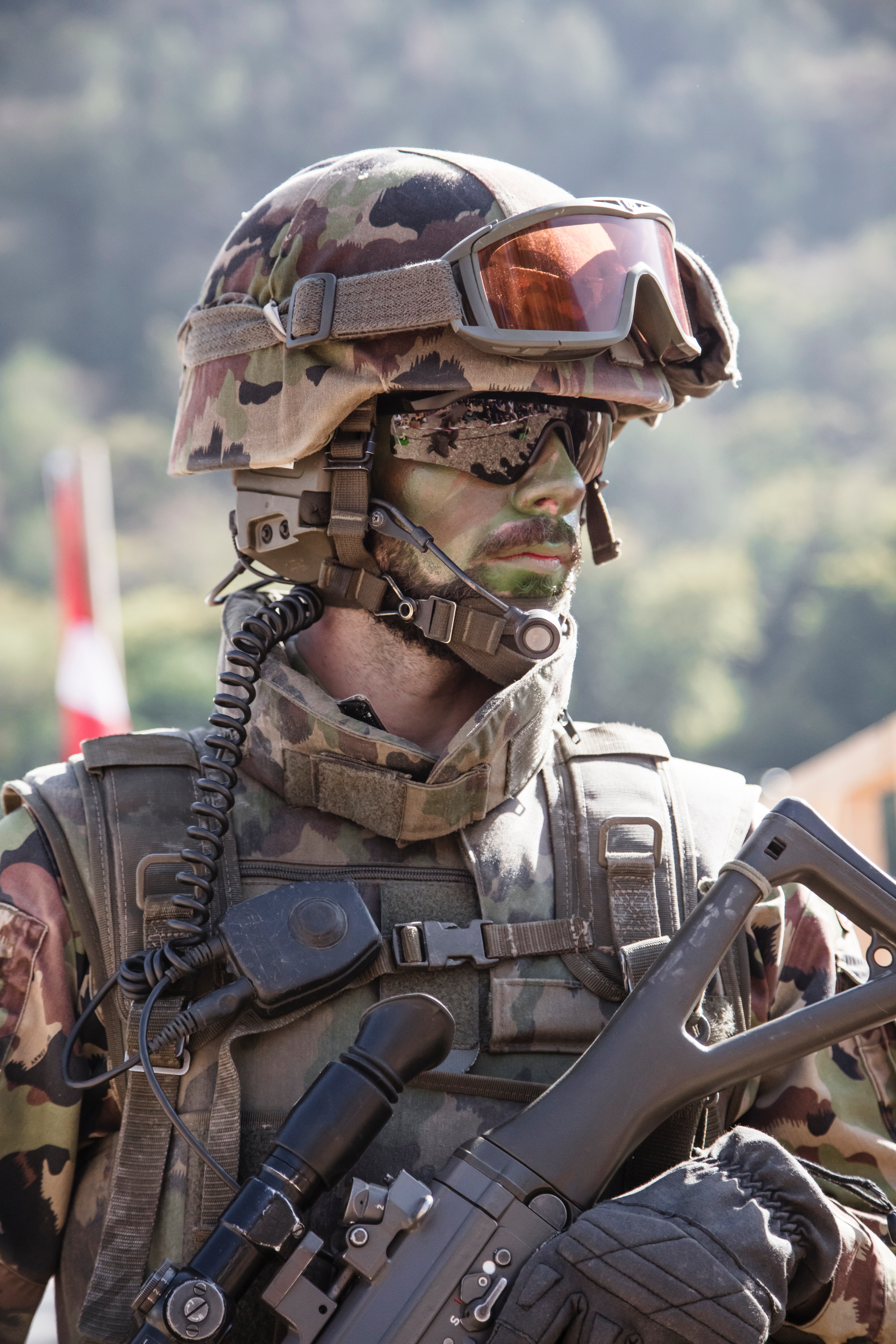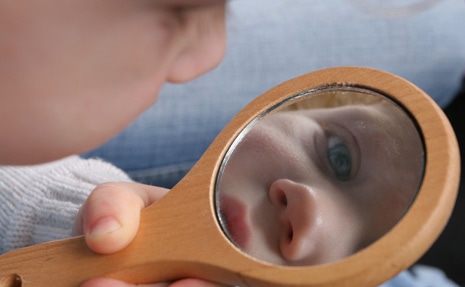I host a radio weekly internet radio show on the VoiceAmerica Empowerment Channel called Life Altering Events (https://www.voiceamerica.com/show/3902/life-altering-events). People often ask me what exactly is a life altering event? I tell them this – It can be something we choose or something that is thrust upon us that dramatically alters the trajectory of our life.
On September 10, 2019 we will have a discussion about the Veterans Treatment Court program. My guests will be the Honorable David Abbott, presiding justice over the Sacramento, CA Veterans Treatment Court and Cindy Baldwin, a consultant with the California State Senate on Veterans Affairs Committee.
The choice to enter the military is a major life altering events. Most men and women enter the service between the ages of 18 to 22. At this young age, they have not had many life experiences. For many it is their first time away from home. The military gives them a sense of purpose, a mission and provides self-esteem as they serve an important role within an organization. Some will stay and make the military their career. Most will not.
Given that the United States have been involved in war(s) or police actions or peace keeping missions, (call it whatever you like), for most of the 21st century these young service men and women have been exposed to many horrendous situations. They have seen and/or done things that no one should ever see let alone 18 to 22 year olds.
When their time of service is over, they go from being part of something bigger than themselves, something that give them a purpose as a warrior back to civilian life as an unemployed and often hard to employ individual with no real purpose. The vast majority of our service men and women come home very different than when they joined. Many are physically disabled. A large number come home with some type of addiction. Almost all have suffered a major trauma such as Post Traumatic Stress Syndrome (PTSD) or Traumatic Brain Injury (TBI).
Sebastian Junger writes in his book “Tribe,” Humans don’t mind hardship, in fact they thrive on it; what they mind is not feeling necessary. Modern society has perfected the art of making people not feel necessary. This is particularly true for returning veterans. Their homecoming is better than it was for Vietnam veterans. Most people are quick to say “Thank you for your service,” which makes most veterans feel good for a moment, but what they really need is a job, a purpose, and to become part of a new community.
So our heroes try to assimilate back into a society where, at least initially, the cards are stacked against them. Many need help and treatment for their physical, mental, emotional, psychological, chemical and neurological disabilities/disorders. This further delays their successful re-entry process. They are told they must change, that the civilian world does not necessarily value their skills. Mark Balzer writes in his book “The People Principles,” Most people don’t hate change; however, people do hate being changed. What people want is to feel valued for who they are and what they do. Too many of our returning veterans do not feel valued.
As their frustration, anger and often depression increases some veterans become increasingly dependent on substances such drugs or alcohol to help them cope. Some are arrested for non-violent crimes such as DUI’s, or possession of a weapon or drug. They are not criminals they just need help. Treatment not punitive action is by far the best course of action. Fortunately Judge Robert Russell from my home town of Buffalo NY launched the first of the nation’s roughly 260 Veterans Treatments Courts in 2008.
What is a Veterans Treatment Court (VTC)? With slight modifications, it follows the essential tenets of the 1997 U.S. Department of Justice publication, “Defining Drug Courts” a VTC is as follows:
- The VTC model requires regular court appearances, as well as mandatory attendance at treatment sessions, and frequent and random testing for drug and alcohol use.
- Veterans respond favorably to this structured environment, given their past experiences in the Armed Forces. However, a few will struggle, and it is exactly those veterans who need a VTC program the most. Without this structure, these veterans will reoffend and remain in the criminal justice system.
- The VTC is able to ensure they meet their obligations to themselves, the court, and their community.
In short, the VTC says to our veterans, since you served our nation with honor and during your service you suffered a disorder or disability, you now have the ability to seek the treatment that will help you address the underlying reasons for many of your challenges. The VTC is a challenging program and the vast majority of veterans that have enrolled in the VTC successfully complete the intensive program and are able to take the next step toward a productive life.
While very helpful, VTC alone is not the end of the journey. Once the veteran has a better handle on the underlying issues, they still need to develop the transformational skills to secure a job, or career and a fulfilling life.
A new organization that helps our VTC graduates and other veterans develop transformational skills is Awakening Wholeness Inc., https://awakeningwholeness.org/ a charitable organization. Awakening Wholeness, Inc. (AWI), mission is to positively impact the lives of the people we serve by providing transformational educational programs that build character, instill life-enhancing values, and promote healthy choices. Our goal is to equip the people we serve with all the tools they need to become physically, mentally, and spiritually ready to live productive, fulfilling, and sustainable lives.
Why do we need Veterans Treatment Courts and organizations like Awakening Wholeness? Let me give you some facts:
Most veterans are strengthened by their military service, but the combat experience has unfortunately left a growing number of veterans with issue such as PTSD and traumatic brain injury.
- One in five veterans has symptoms of a mental health disorder or cognitive impairment.
- One in six veterans who served in Operation Enduring Freedom and Operation Iraqi Freedom suffer from a substance use issue. Research continues to draw a link between substance use and combat-related mental illness.
- Left untreated, mental health disorders common among veterans can directly lead to involvement in the criminal justice system.
Let me give you some frightening statistics:
Suicide – Between 20 and 22 veterans commit suicide daily.
Homeless
- Over 630,000 homeless people in America. 67,495 are veterans.
- Over 1 in 10 homeless people in America are veterans. Source Military Wallet April 10, 2019
- Over 968,000 veterans lived in poverty in the last year.
- 20,000 veterans with government sponsored mortgages lost their homes in 2010.
- 76% of homeless veterans experience alcohol, drug, or mental health issues.
- 2% of veterans ages 18-24 are unemployed.
It’s easy to jump to conclusions, but we shouldn’t. Here is some surprising information about homeless veterans:
- 89% received an honorable discharge.
- 67% served 3 years or more.
- 47% are Vietnam veterans
- 15% served before Vietnam
- 5% are Iraq and Afghanistan veterans.
Incarcerations:
- An estimated 181,500 veterans are incarcerated, including 131,500 in prison and 50,000 in jails
- 8% percent of all federal and state inmates are veterans
- 55 percent, of imprisoned veterans told department researchers they’d been told they had a mental health disorder
As Judge Russell stated when he formed the first Veterans Treatment Court, “Treatment not punitive action is by far the best course of action.” The VTC’s are good first step. Organizations like Awakening Wholeness provide that next critical step for successful re-entry.
Don’t miss this enlightening discussion on September 10 at 8:00 AM PST – https://www.voiceamerica.com/show/3902/life-altering-events





